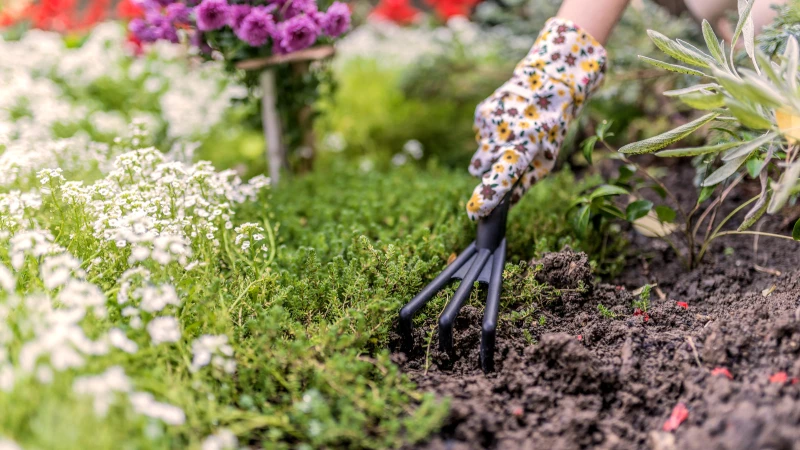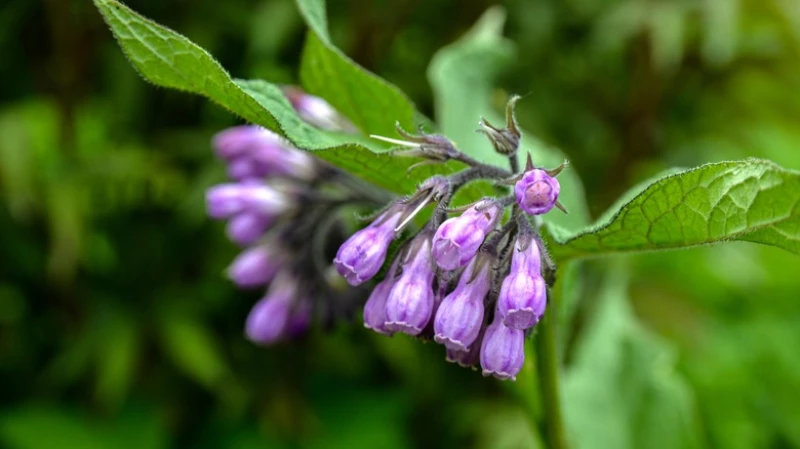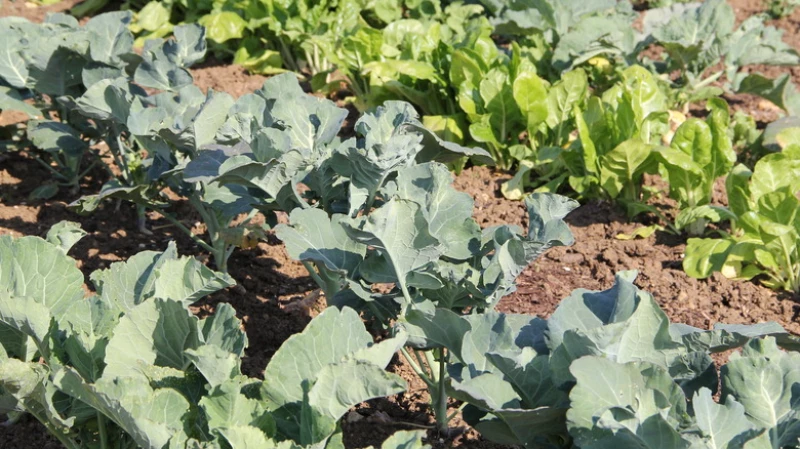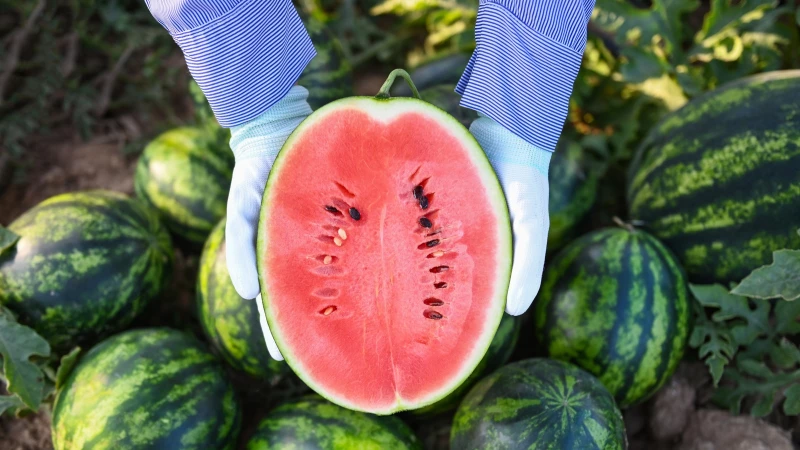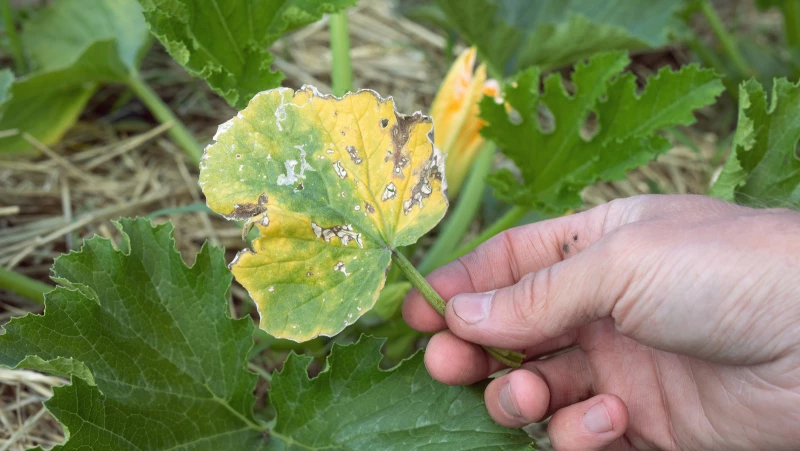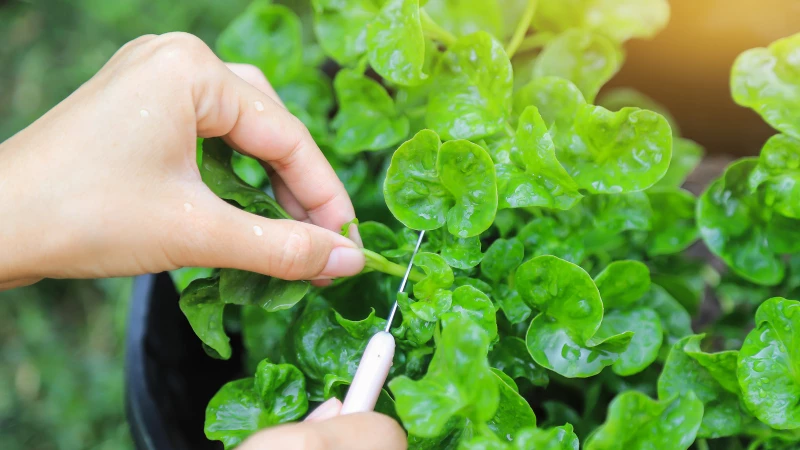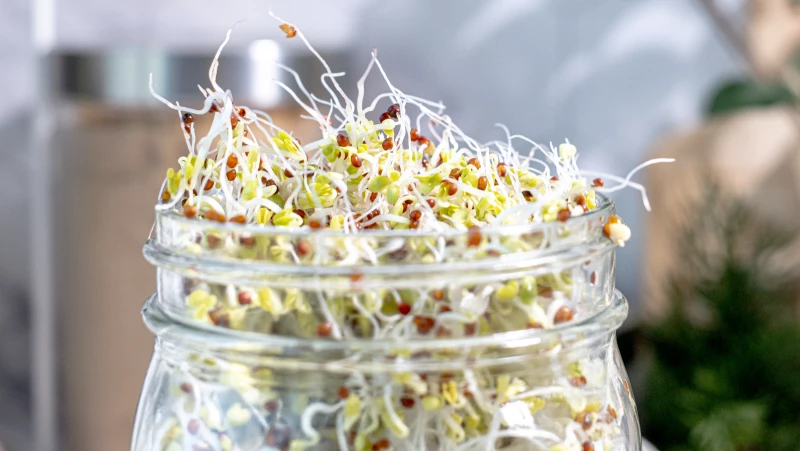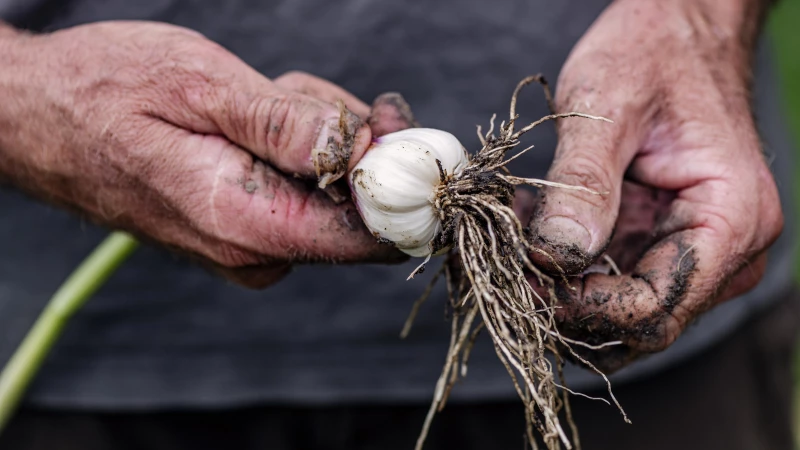Gardening enthusiasts understand the importance of soil. While some may have naturally rich and well-drained soil, many others face challenges with rocky, clay, or sandy soil. Fortunately, there are plants that can help improve soil quality and are easy to cultivate in your garden.
If you have a vegetable garden, consider planting cover crops such as grains, clover, or grasses to enhance the soil's nitrogen levels, which are vital for fertility. Certain vegetables like brassicas, radishes, and peas can also contribute to soil health. For those more interested in flowers, there are several annual varieties that can be grown from seeds to enrich the soil. These plants release nutrients as they decompose, adding organic matter to the soil over time.
Enriching Your Soil: Plant Options for Nutrients and Texture Improvement
Enriching soil isn't just adding vital nutrients but improving overall texture as well. For clay soils, this means improving drainage by reducing compaction. Plants with deep roots, like borage, comfrey, and some radish varieties, help break up dense soil to increase microbes and earthworm activity. For thin, sandy soils, improved texture can be achieved by increasing moisture retention, and adding plants that attract pollinators and other beneficial insects is advantageous in all cases. Regardless of your soil's condition, there's always a plant that can help enrich your soil with nutrients or improve its texture for other plants. Let's explore our options.
Sunflowers
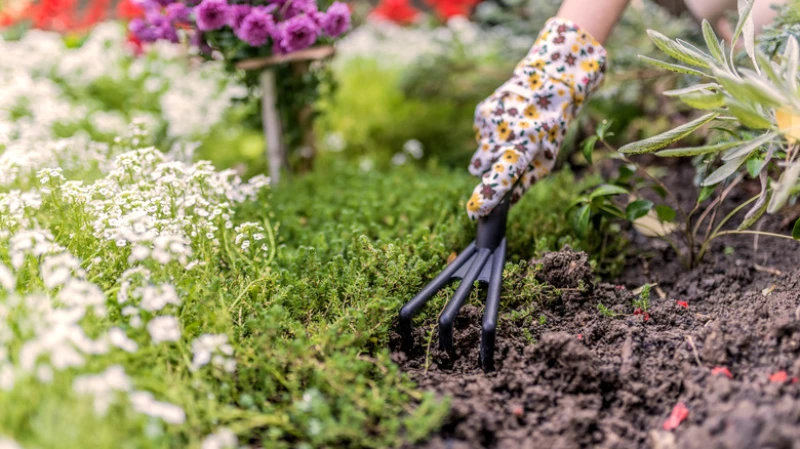
Fields full of sunflowers (Helianthus ssp.) are becoming a more common sight on farmland in many places. The benefits of growing sunflowers en masse are two-fold: they can be a valuable cash crop (harvested for their seeds and soil) and a helpful cover crop that improves soil conditions. Their deep tap root helps with soil compaction and absorbs harmful metals, including lead, arsenic, and zinc. There are many varieties of sunflower to plant that can help improve the soil in your garden.
Bachelor Buttons
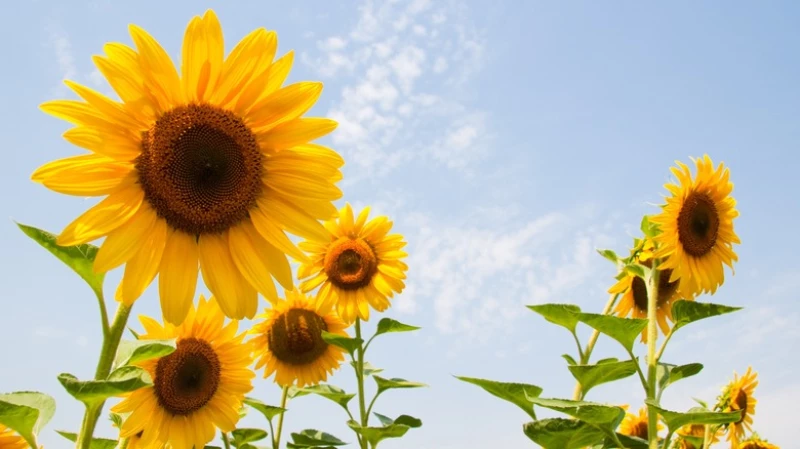
What gardener doesn't love this colorful cottage garden annual? Bachelor buttons (Centaurea cyanus), also known as cornflowers, come in many shades of blue, white, pink, and purple. They are considered an easy-to-grow cover crop that not only looks pretty but produces plentiful leaf material that breaks down to help enrich soil. These pollinator magnets are easy to grow from seed (plant in autumn for spring blooms) and reseed themselves over time. Bachelor buttons are a good choice for growing in a wildflower mix or a patch of soil that needs enriching.
Marigolds
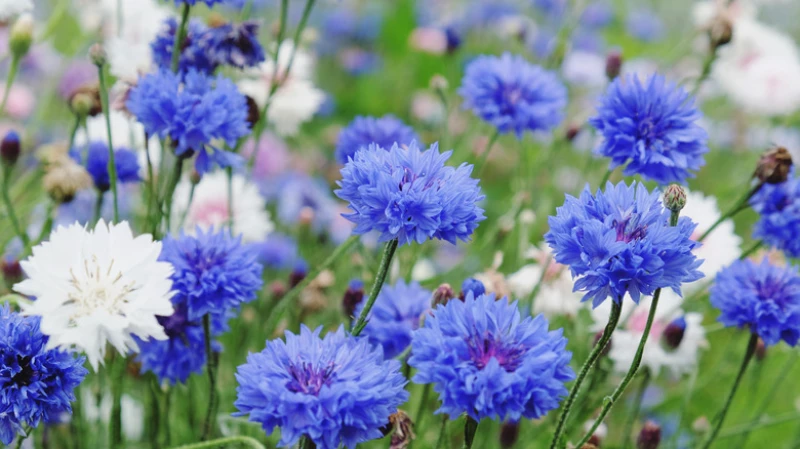
Marigolds are known for their vibrant colors and pest-repelling properties, but they also play a significant role in soil enrichment. These beautiful flowers can help improve soil texture and fertility, making them a valuable addition to any garden. Marigolds are easy to grow and maintain, making them a popular choice for both beginner and experienced gardeners alike.
Marigolds (Tagetes spp.) are not only known for their bright colors and easy maintenance but also for their pest-repelling qualities. Planted as companion plants near tomatoes in vegetable gardens, marigolds emit a strong scent that deters harmful insects, protecting the crops from potential damage. The chemicals in marigolds not only deter insect pests but also discourage harmful parasitic nematodes in the soil, benefiting the overall health of the garden. Additionally, marigolds attract beneficial pollinators like ladybugs, hoverflies, and lacewings, which help control common pests like aphids.
Buckwheat (Fagopyrum esculentum) is a beneficial crop for soil rejuvenation, particularly after it has been depleted of nutrients due to over-farming. It thrives in thin and poor soils, with its roots aiding in loosening and aerating the topsoil. Apart from being a nutritious grain, buckwheat attracts beneficial pollinators through its flowers, such as ladybugs, hoverflies, and tachinid beetles, which help control aphids and mites. Additionally, buckwheat absorbs phosphorous that is typically inaccessible to other plants and releases it in a more usable form in the garden.
Growing peas (Pisum sativum or Lathyrus oleraceus) in the garden is a time-honored tradition for gardeners: this fast-growing, cold-hardy vegetable can be sown in spring while it's still cold and harvested after a few weeks. In addition to being a delicious early-season garden treat, peas are also a good plant for improving garden soil. Like other legumes, peas have the distinct ability to convert atmospheric nitrogen to a form available for other plants to absorb from the soil. This reduces the need for nitrogen fertilizers and makes the soil more rich and fertile.
Comfrey (Symphytum spp.) is a perennial herb known for its deep roots that can break up compacted soil, improve soil structure, and add nutrients when used as a mulch or compost. Comfrey is also valued for its high levels of potassium, which can benefit neighboring plants when used as a natural fertilizer.
Brassicas
Brassicas is the name given to a large category of edible plants in the mustard family, including cruciferous vegetables, broccoli, cabbage, cauliflower, kale, turnips, Brussels sprouts, collard greens, and others. These nutritious vegetables are good for soil for two reasons. First, some brassicas, like turnips, produce deep roots that help to loosen compacted heavy soil. Second, vegetables in the brassica family grow quickly, and when planted in spring, their large leaves shade nearby soil and help suppress weeds. Their cold hardiness means they keep growing after frost, providing important nitrogen release to soil late in the season.
Beans
Growing pole or bush bean varieties in your garden can improve soil nutrition and texture. These easy-to-grow spring vegetable plants enhance the nitrogen in the soil, as other legumes do. This means growing beans helps increase organic matter in the soil, making it more fertile, and increases biological activity, encouraging earthworms and helpful microbes. Bush beans grow a bit faster than pole beans and don't require structural support. Be aware that beans do not make good companion plants for onions, garlic, or kohlrabi but are good companions for many other vegetables, including tomatoes, carrots, cabbage, potatoes, and cucumbers.

